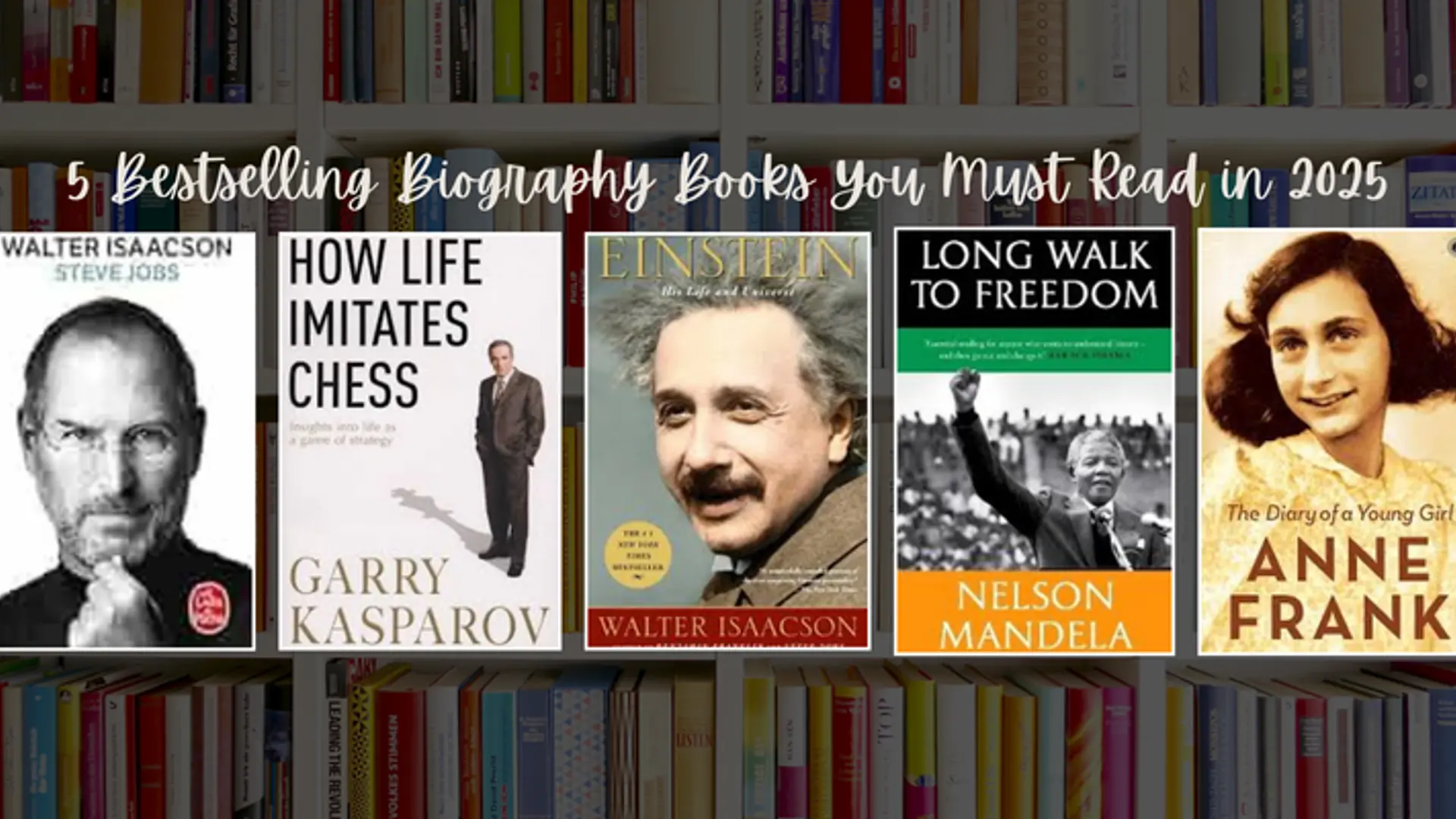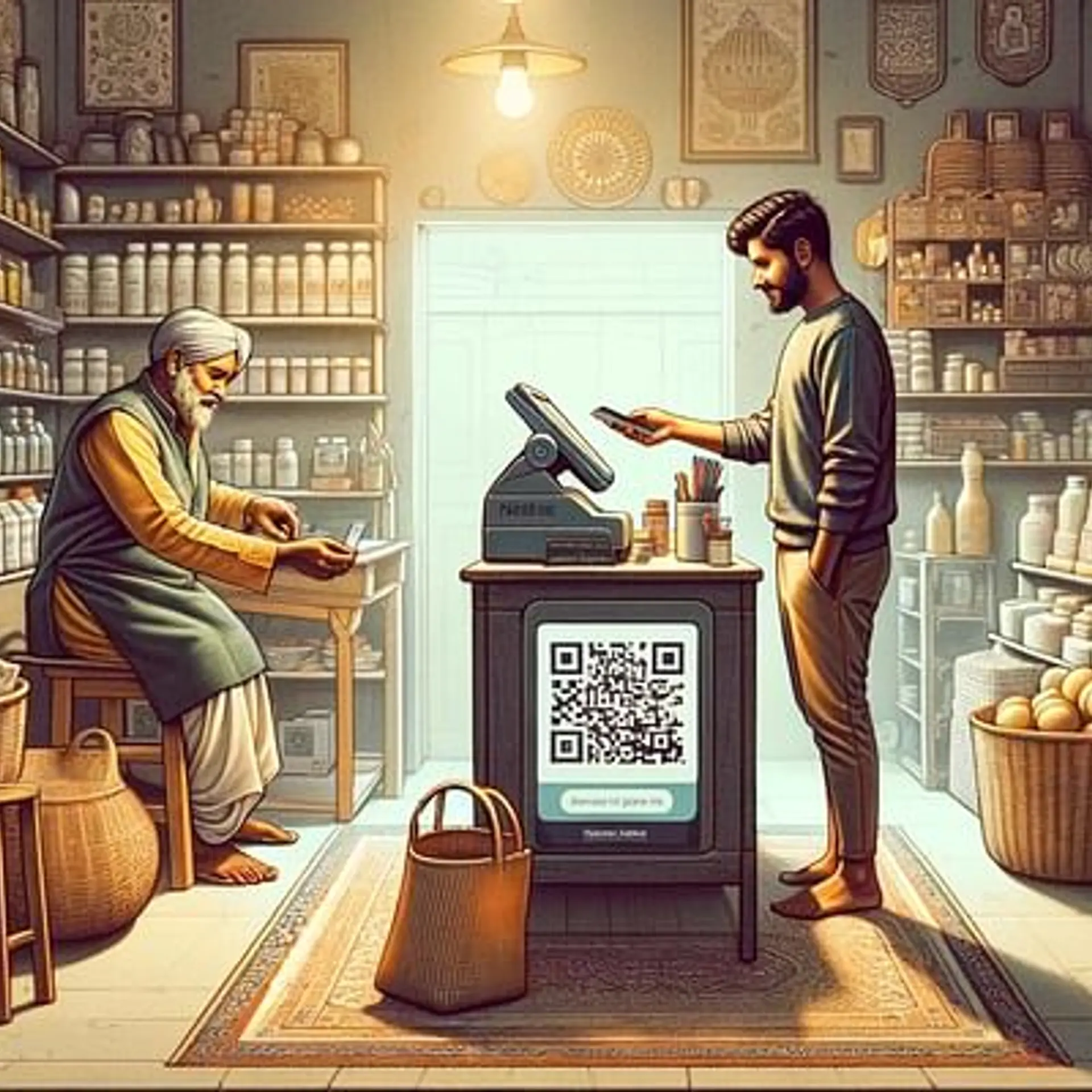India slips 21 spots in the WEF ranking for closing gender gap
According to the latest World Economic Forum (WEF) Global Gender Gap Report, India’s ranking has fallen 21 places, from 87 to 108 this year, in closing its gender gap. India has closed its gender gap by 67 percent, which happens to be lesser than some of its neighbours like Bangladesh and China even, which ranked 47th and 100th respectively. ‘
The report pegs this poor performance to the low participation of women in the economy, and lower wages paid to them compared to their male counterparts. In fact, the large proportion of women’s work that is still unpaid, is also a key factor in these dipping rankings.

India’s ranking has slipped 10 spots since it was first measured in 2006 - the inaugural year for this WEF report. And since then, for the very first time the overall global gender gap — weighed across four criteria namely health, education, the workplace and political representation — also widened.
The findings in this year’s report, published on Thursday, showed that an overall 68 percent of the global gender gap has been closed. While the gap had been closed by 68.3 percent last year, this year that figure was pegged at 68 percent. At this rate, we are 100 years away from bridging the global gender gap, compared to 83 last year - whereas the workplace gender divide will take even longer to fill, at 217 years.
“A decade of slow but steady progress on improving parity between the sexes came to a halt in 2017, with the global gender gap widening for the first time since the WEF’s Global Gender Gap Report was first published in 2006,” read the report.
India fared its worst in the economic participation and opportunity pillars, and the health and survival, ranking 139th and 141st respectively. Political empowerment, and healthy life expectancy act as major hindrances in women’s progress in the nation. It continues to rank fourth-lowest in the world on health and survival, remaining the most slowly progressing country in that regard. The rate of progress clocked in closing the gap in political, labour force and workforce participation is also subpar, and continued efforts are still the need of the hour.
The report also states that, on an average, 66 percent of women’s work in India is unpaid, compared to 12 percent of men’s. In China, this set of figures rests as 44 percent and 19 percent for women and men respectively. The United Kingdom, that came in 15th on the Global Gender Gap list, also had starkly contradictory figures as it came to light that 56.7 percent of women’s work there is unpaid, as against 32 percent of men’s. Another giant, the US, also has 50 percent of women’s work as unpaid, and 31.5 percent of its men's work unpaid.
“With more than 50 years having passed since the inauguration of the nation’s first female Prime Minister in 1966, maintaining its global top 20 ranking on the political empowerment sub-index will require India to make progress on this dimension with a new generation of female political leadership,” the report said.
There is, however, some good news for India: it has succeeded in fully closing its primary and secondary education enrolment gender gaps for the second year in a row, and is also very close to bridging the gap in its tertiary education. But,
“Competitiveness on a national and on a business level will be decided more than ever before by the innovative capacity of a country or a company. Those will succeed best who understand to integrate women as an important force into their talent pool,” said Klaus Schwab, founder and Executive Chairman, WEF.
While the global average may have faltered, this is not reflective of how a half of all 144 countries measured fared; as for them, their scores have improved over the last 12 months. The countries topping this outlier list are Iceland, coming in first by closing nearly 88 percent of its gap, followed by Norway, Finland, Rwanda, Sweden, Nicaragua, and Slovenia, Ireland, New Zealand and the Philippines, in that order. Iceland, as a matter of fact, has been the world’s most gender-equal country for nine years.







